In 2019, IDA Ireland positioned the country as the EU location of choice for fintech and blockchain companies due to the presence of more than 150,000 professionals employed by financial services and technology companies. Despite this prediction, the scale of growth experienced within the sector over the last three years has likely surpassed expectations. While fintech is not a sector that needs an introduction, it is important to reiterate what it stands for before diving into the factors behind its success, the challenges facing companies and the opportunities available to professionals in Ireland.
The overarching objective for fintech companies is to introduce and embed technology in financial services, to develop, simplify and automate traditional service offerings as we know them. Initially, consumers were naturally cautious to jump into this new and transparent world. Yes, difficult concepts were made a lot easier, financial products were more accessible and information around processes was clear, however the problem came in the form of quickly parting with personal details through electronic platforms. The sense of loss of ownership over this information and the perceived associated risks, resulted in a lack of trust in the products and services offered by fintech companies. And trust cannot be built overnight, right? Or so we thought…
CUE: THE PANDEMIC
The pandemic greatly accelerated the growth and shift in mindset towards fintech. During strict country-wide lockdowns and the mass transition to remote working, employers and employees alike, as well as the entire population, had to go online. From shopping and banking, to adapting to technology and automating processes, we were forced to alter our approach completely and with this almost overnight change in demand for digitalised products and services, the fintech industry surged.
Now, as we return to a somewhat normality in our everyday lives, we have found that fintech has become the new norm. In the first six months of 2021, there was an incredible €900 million invested in the Irish fintech market alone, entirely overshadowing the €328.6 million invested in 2020. As a result, leading fintech companies such as Refinitiv, Klarna and Paysafe to mention a few, are continuing to surge in Ireland, in part due to the quality of highly talented professionals in the market but also factoring in international interest and of course, Brexit.
THE BREXIT EFFECT
As it stands now, Ireland is one of few official English-speaking countries left in the European Union (EU) and combined with our well-educated workforce, it is helping to draw attention from leading countries in fintech such as India, China, South Korea and Thailand, as reported by some of the world’s giants, ACI Worldwide and GlobalData. As well as this, Brexit has created a natural ripple across the water, as due to common-law, it’s a natural choice for UK fintech companies to establish a presence here, keeping their freedom of sale in the EU. Not-so-small victories for the Emerald Isle!
THE REGULATORY LANDSCAPE
The acceleration of digitalisation has not been easy for everyone. The Central Bank of Ireland (CBI) has an overwhelming number of applications from new fintech businesses who want to setup in Ireland. Typically, the application process can now take up to 24 months due to the ever-changing regulations being implemented. We can only empathise with new ambitious start-ups with funding in their pockets, expectations on their shoulders and little experience with Irish regulations.
In fact, the Electronic Money Association based in Brussels has warned the CBI that “the number of firms applying for a licence with the CBI to offer payments, e-money or crypto asset services will continue to increase, and existing applications will continue to require ongoing and substantial CBI resources”. Naturally, this results in a huge demand for compliance and regulatory officers who have prior experience in applications to the CBI.
The CBI is under huge pressure, not to mention responsibility when it comes to the services and products offered by fintech companies. As with regulators globally, the need to catch up with the fast-paced growth of online banking and transactions in Ireland is apparent, with new ways of payments and banking systems requiring deep thought when it comes to consumer protection and the implementation of new regulations.
A typical example in this space, clearly showing us the result of the increased responsibilities on fintech companies and regulatory bodies, would be the elimination of the familiar PCF 15 function –due to the increase in fraudulent activity the PCF 15 is eliminated and the PCF 52 – Head of Anti-money Laundering and Counter Terrorist Financing be introduced in its place.
FRAUD & DIGITAL CHANNELS
Another trend within the fintech market which absolutely cannot be ignored is the increase in fraud through online channels. Sadly, the pandemic has provided the perfect environment for rich pickings for fraudsters, in the form of new-to-digital consumers, heightened vulnerabilities and anxieties, as well as new channels to exploit. These fraudsters are keeping us on our toes with an overwhelming 79% increase in fraudulent activity through app push notification and text phishing since 2020.
This creates demand for another form of responsibility, this time directly from the various fintech companies within the financial services industry. Consumer protection is a priority and in the recruitment space, we are seeing a huge demand for financial crime and anti-money laundering specialists to help address these issues.
OUTCOME: DEMAND MEETS OPPORTUNITY
The fintech market is only continuing its growth plans for the years to come, fraudsters are growing their number and efficiency of attacks, and regulations will continue to be refined, to adapt to the new approach the world is taking to money and transactions. So, we must ask ourselves – how can we keep up with this ever-changing landscape?
Taking an optimist view, what we can take from these trends (even those of doom and gloom) is opportunity, opportunity, opportunity! There is huge demand for professionals across the fintech space, particularly those with risk and compliance backgrounds, and due to current market conditions with applicants in short supply, now is a great time to consider a new role, company or even sector.
NEXT STEPS
Are you a professional in the financial services industry looking to progress and grow your experience in the fintech market? Are you a fintech company at a loss and frustrated to no end, undergoing an application process? Perhaps you’re an employer who just wants to explore your options?
We can help you choose the right direction for your career, introduce you to experienced professionals who have led the process before, and support you in mapping out your market, assessing your needs and designing your hiring plan for 2022.
Please feel free to reach out to Consultant Mary Ryan at mary.ryan@coopman.ie or Manager, Compliance William McCoppin at william.mccoppin@coopman.ie for a confidential conversation.








